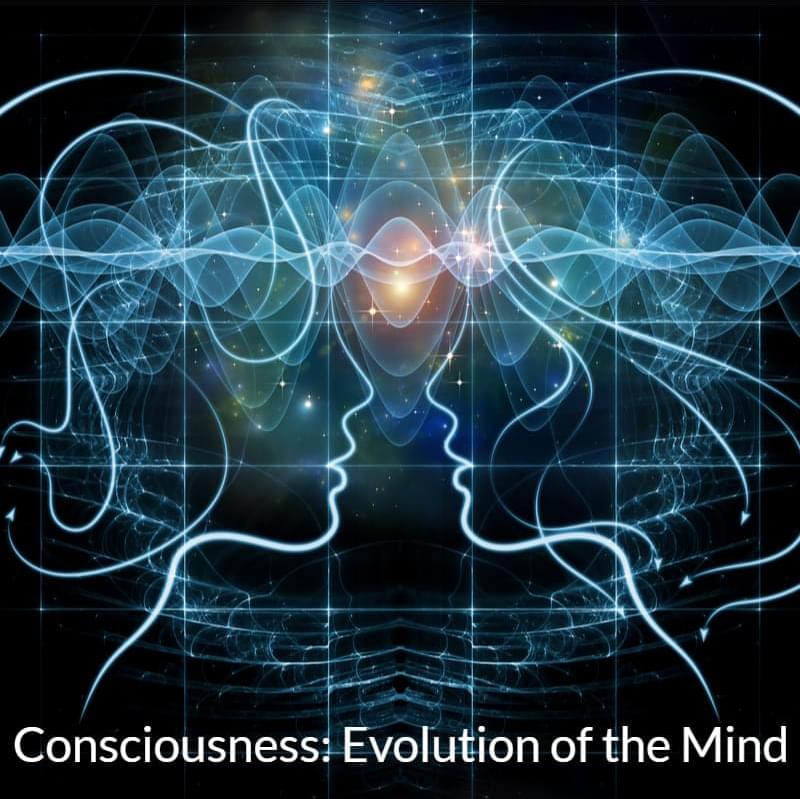“The Earth has entered a radically new era, understood by scientists as the Anthropocene: a time when humanity reckons with massive geologic and biospheric forces we, as anthropos, have set in motion. The agency of Nature and the reality of humanity as a collective geologic force is becoming understood differently, even within the Western paradigm. It is a new world our children will inherit, for if humanity is to survive, we must come into new realizations of our place within the planetary life-support systems. To lay a path for future generations through the evolutionary steps that humanity must now take to learn to live in balance with the planet, science must come to balance with Spirit.” ―Oberon Zell, GaeaGenesis.
#OberonZell #GaeaGenesis #GaiaHypothesis #SyntellectHypothesis #GlobalMind #theosophy #consciousness
In the early 1970s, celebrated philosopher and mystic Oberon Zell was the first to propose the radical idea that the biosphere of Earth was a single living superorganism. His initial article on the subject electrified the emerging modern movement of Earth-based spirituality, generating volumes of correspondence, lecture tours, and further articles in various journals and books.
The excitement was the result of a simple yet profound idea. Imagine for a moment that Earth is alive. Not just teeming with living things, but a living, vital organism encompassing the whole of the planet. This is how Oberon Zell imagines it in GaeaGenesis 0, but it is more than imagination or mere metaphor. GaeaGenesis is the first work to fully integrate the mythological, spiritual, biological, and social history of what has become known as the Gaea Thesis. It builds upon this history by exploring the profound implications of the thesis, which is as significant to our understanding of the world and our place in it as the heliocentric theory of the solar system and Darwin’s theory of evolution once were.
GaeaGenesis culminates five decades of work developing Zell’s thesis, building on his own original ideas as well as those of renowned scientists, philosophers and spiritualists who preceded him. The works of mythologist Joseph Campbell are referenced, as are the studies of psychologist Carl Jung, whose concept of a “Collective Unconscious” ushered in a new understanding of a human-based Global Mind. In addition, GaeaGenesis draws upon the work of Nobel Prize-winner Al Gore to illustrate the emerging realization that climate change affects a vast web of interdependent ecosystems.
